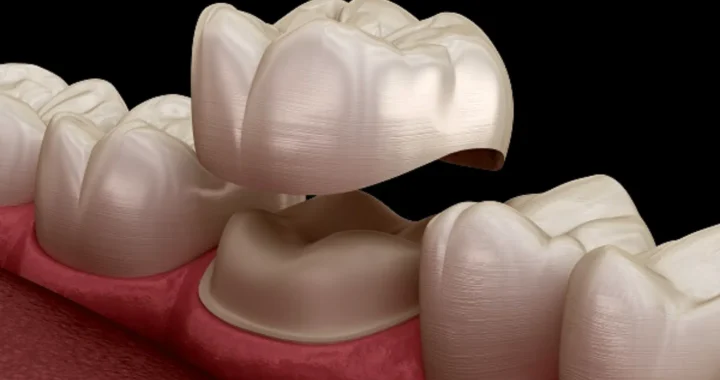The Psychological Impact of Chronic Pain and Effective Coping Strategies
Chronic pain is a condition that extends beyond its physical manifestations, often exacting a significant toll on a person’s psychological well-being. The intricate interplay between physical discomfort and emotional distress can create a cycle that exacerbates the overall suffering experienced by individuals living with chronic pain. You may consult pain management Falls Church specialist to get a customized support plan.
Understanding the Psychological Dimensions of Chronic Pain:
Chronic pain involves not only the persistent sensation of physical discomfort but also a cascade of psychological reactions. These reactions can encompass a range of emotions, cognitive processes, and behavioral changes. Among the psychological aspects that individuals with chronic pain may experience are:
- Depression and Anxiety: The constant discomfort and limitations on daily activities can lead to feelings of hopelessness, helplessness, and an overall decline in mood.
- Cognitive Impact: Chronic pain can affect cognitive functions such as memory, attention, and concentration. The constant distraction from pain signals can impede an individual’s ability to focus on tasks, leading to frustration and reduced productivity.
- Social Isolation: The limitations imposed by chronic pain can hinder social interactions and participation in activities.
- Sleep Disturbances: Pain can disrupt sleep patterns, leading to insomnia or poor-quality sleep. Sleep deprivation, in turn, can intensify pain perception and contribute to emotional distress.
- Stress and Anger: The ongoing battle with pain can lead to irritability, resulting in anger and emotional outbursts.
Effective Coping Strategies:
While the psychological impact of chronic pain is undoubtedly challenging, there are several evidence-based strategies that can help individuals effectively cope with their pain and its associated emotional burdens:
- Pain Education and Self-Management: Gaining a comprehensive understanding of the mechanisms of pain can empower individuals to take an active role in managing their condition. Techniques such as pacing, goal setting, and pain tracking can provide a sense of control and improve overall well-being.
- Cognitive Behavioral Therapy (CBT): CBT is a widely recognized therapeutic approach that helps individuals identify and modify negative thought patterns and behaviors. It can assist in reframing pain-related thoughts and developing healthier coping strategies.
- Mindfulness and Meditation: Mindfulness practices encourage staying present and nonjudgmental in the face of pain. Meditation techniques can help reduce pain intensity and emotional distress by fostering relaxation and acceptance.
- Social Support: Connecting with friends, family, or support groups can alleviate feelings of isolation. Sharing experiences and receiving validation from others can provide emotional comfort and a sense of belonging.
- Physical Activity and Exercise: Engaging in gentle, prescribed exercise routines can release endorphins, improve mood, and enhance physical functioning. Consultation with healthcare professionals is essential to develop an appropriate exercise plan.
- Relaxation Techniques: Deep breathing, progressive muscle relaxation, and guided imagery can promote relaxation and reduce tension, leading to diminished pain perception.
- Professional Psychological Support: Seeking the assistance of a counselor can provide a structured and personalized approach to dealing with the psychological impact of chronic pain.
Chronic pain is not solely a physical experience; it deeply affects an individual’s psychological well-being. Always remember seeking guidance from healthcare professionals is crucial in developing a comprehensive pain management plan tailored to individual needs.


 Innovations in Health Screenings: Exploring the Latest Technologies in Clinic Services
Innovations in Health Screenings: Exploring the Latest Technologies in Clinic Services  Dental Crowns –Restoring Strength, Function, And Aesthetics.
Dental Crowns –Restoring Strength, Function, And Aesthetics.  One-Person Wonder: Making Waves in the Massage Industry in Gunma
One-Person Wonder: Making Waves in the Massage Industry in Gunma  How Cataract Surgery in Nashville Improves Vision and Quality of Life
How Cataract Surgery in Nashville Improves Vision and Quality of Life  Maintaining Oral Health: The Role of Dentists in Richmond
Maintaining Oral Health: The Role of Dentists in Richmond  How to Choose the Best Implant Dentist in Sheffield: A Guide
How to Choose the Best Implant Dentist in Sheffield: A Guide